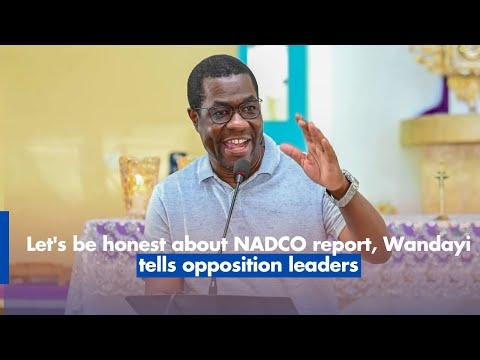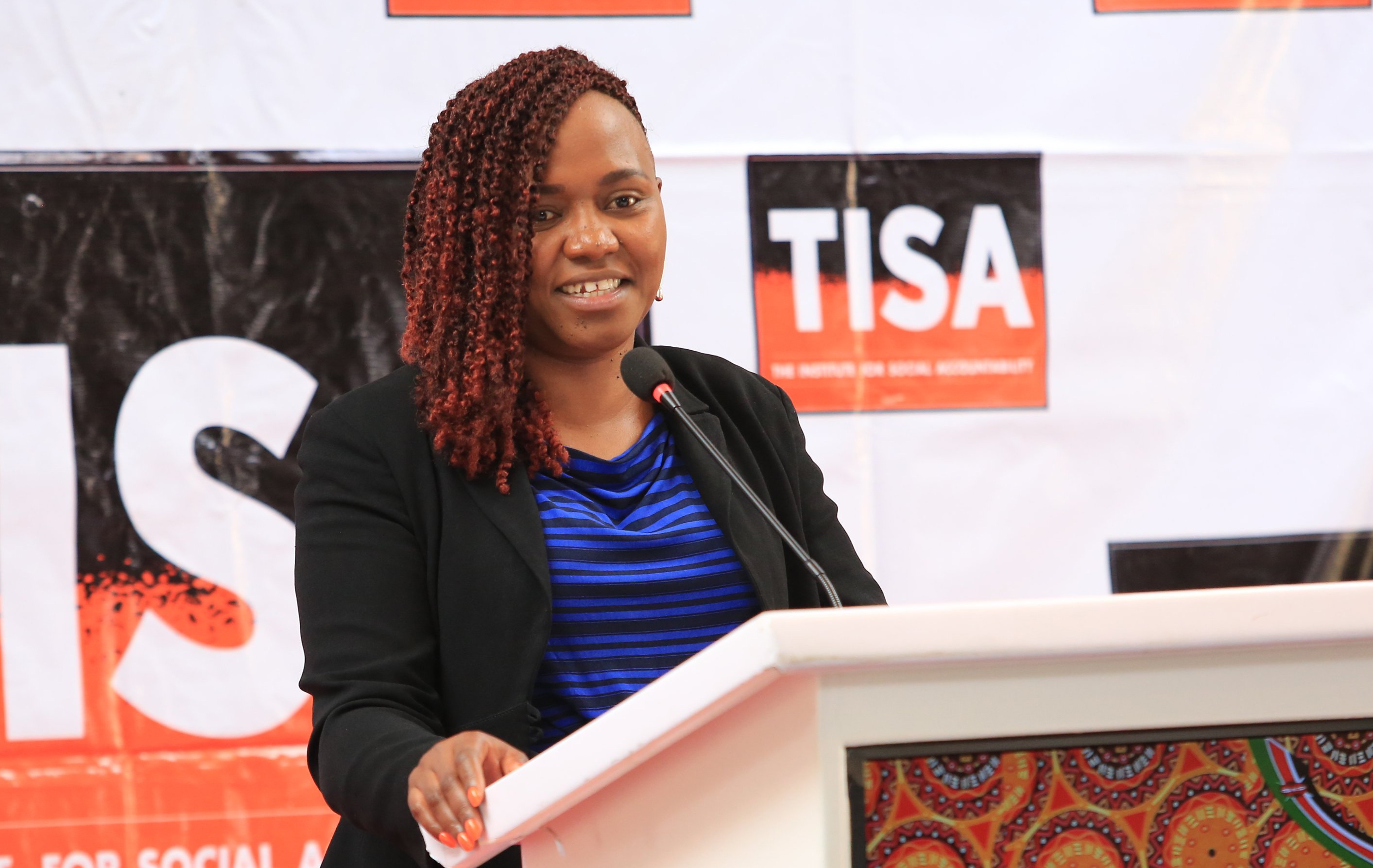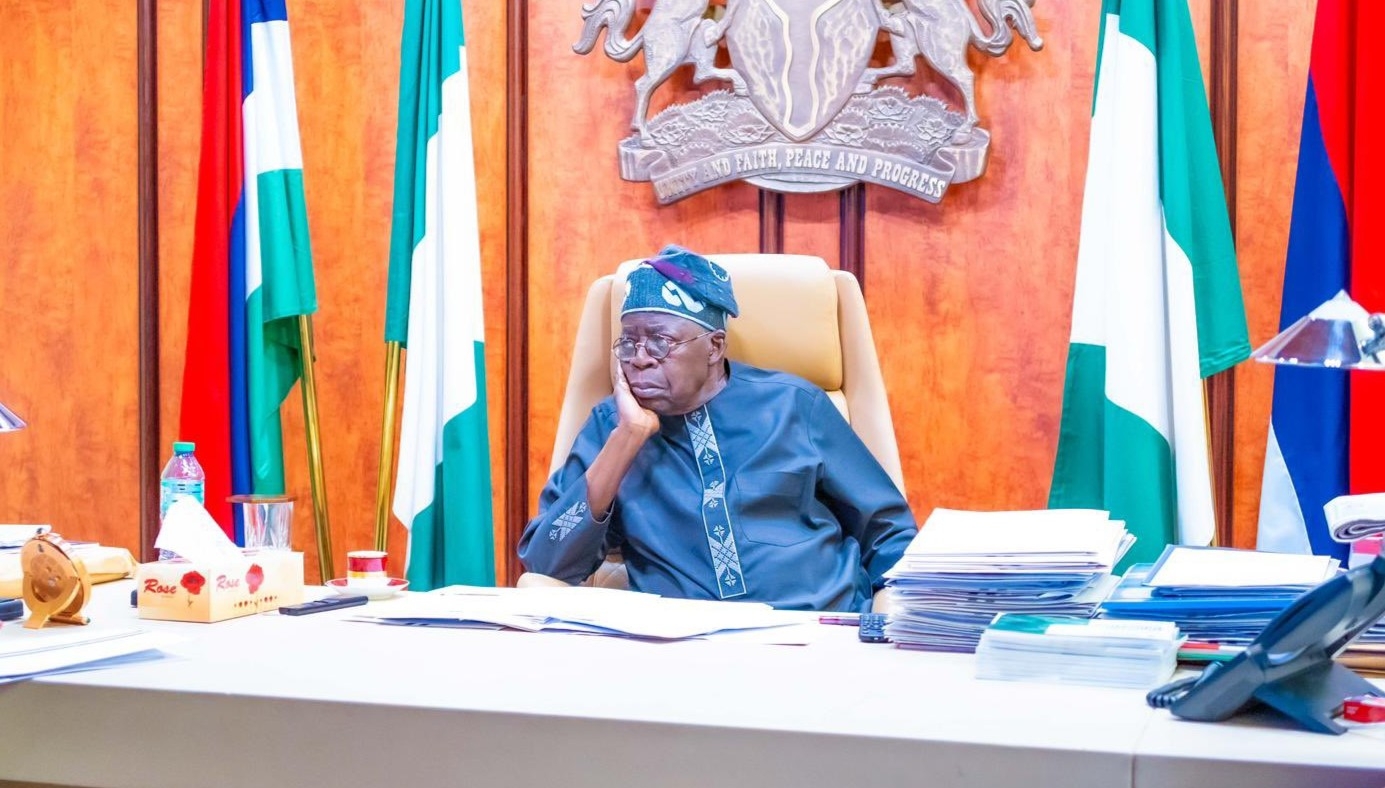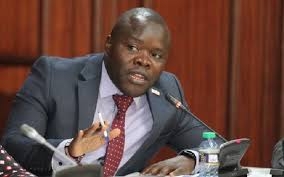
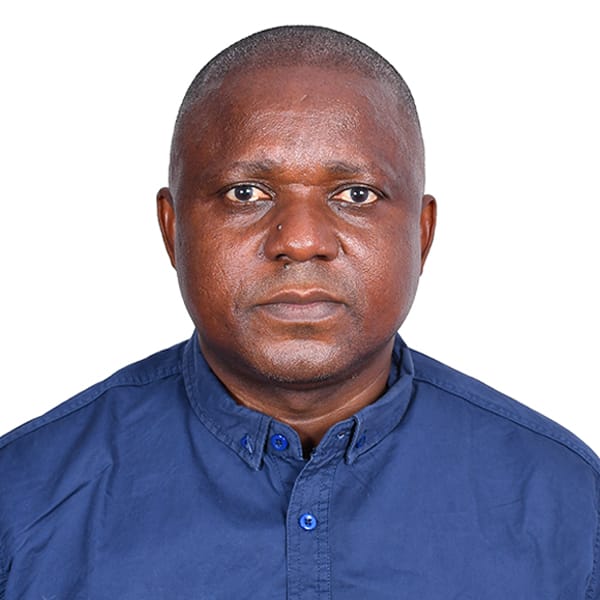
Digital platforms powered by technological innovations have significantly restructured the media landscape in Africa.
For Africans to tell their own stories, leverage technology for empowerment, and keep pace with the rest of the world, the continent must engage meaningfully with major global players, particularly big tech companies.
There is a growing demand for broad-based approaches to the use of technology, including artificial intelligence (AI), and for measuring its impact on communities.
This goes beyond simply adopting what technology providers offer. Africans must become active participants in shaping how technology is designed, regulated, and applied within their contexts.
The internet has profoundly changed communication, democratising the sharing of ideas and shaping public perception of issues. Citizens can now voice their opinions on global matters with fewer restrictions.
They can tell their own stories and access a wide range of sources and perspectives. This digital shift has expanded the availability of information on previously excluded topics and marginalised communities.
It has also allowed others to form biased perceptions, perpetuate stereotypes, and reinforce one-sided, largely negative narratives, especially about Africa, Asia, and China. Such narratives have contributed to fear of investment, trade imbalances, and negative media coverage often devoid of factual grounding.
Unfortunately, traditional media, which could have helped counter these distorted portrayals, has been caught in the same wave and, by design or default, often continues to present biased content about these regions.
Technology-enabled tools, such as AI, have compounded the issue by amplifying narratives that lack local context or relevance.
Many of these tools operate using algorithms based on data with little or no input from the very communities they portray. The rules governing these platforms are determined not by local stakeholders, but by global tech companies with limited understanding of the regions they affect.
It is, therefore, both important and urgent for media players, who are themselves affected by digital platforms and AI, to lead calls for a fair digital playing field.
The stakes are high. AI influences critical issues, including the integrity of public information, the outcome of elections, and the telling of people’s stories, stories of struggle, opportunity, and resilience. If presented fairly, these narratives could influence global perspectives and help address historical injustices while opening up new paths for connection and empowerment.
Yet African media cannot fulfil this role if it remains dependent on platforms owned and governed by others. These platforms dictate the rules, regulations, and operational structures, often with little regard for Africa’s unique terrain, development level, linguistic and cultural diversity, and colonial history.
While Africa may not yet own its own digital platforms, it must present a unified front and demand recognition on the global stage.
Media stakeholders across the continent should adopt content regulation regimes that promote openness, ensure information integrity, and support responsible use of digital platforms, without compromising freedom of expression or access to information.
Globally, the conversation has shifted, but some still criminalise free speech under the guise of fighting hate speech, harmful content, disinformation, and foreign interference. Some even resort to extreme interpretations of "annoying" speech. However, despite existing laws on hate speech and publication of false news, few cases meet the legal threshold for prosecution.
The fast-paced technological rivalry among the US, Europe, China, and Russia poses a challenge to Africa. The continent must present a united front now more than ever.
The African Union (AU) has already taken a bold step by formulating a continental AI strategy, a commendable move. Kenya has followed suit with its own national AI strategy, and institutions such as the Media Council of Kenya have gone further by developing AI guidelines for journalists.
However, for this momentum to translate into long-term impact, the AU must work with big tech to spread its strategy and support other countries in domesticating it. It must also coordinate a continental approach to engaging with digital platform providers. Fragmented efforts will only weaken Africa’s negotiating power and diminish its ability to secure fair treatment in the digital space.
To their credit, some tech companies have begun improving their standards to address illegal and harmful content. But these changes are not enough. More needs to be done to ensure that Africa is not left behind or misrepresented.
At the 2nd Pan African Media Conference held recently in Arusha, Tanzania’s Vice President, Dr. Philip Mpango, outlined four urgent priorities for Africa’s media sector.
First, the continent must create laws, policies, and regulations that guide AI in ways that uphold journalism ethics, protect the public’s right to accurate information, and support sustainable development.
Second, African journalists must reclaim the continent’s narrative, moving beyond portrayals of war, poverty, and chaos to highlight resilience, innovation, and progress through an authentic African voice.
Third, both state and non-state actors must equip citizens with the knowledge and critical thinking skills needed to navigate today’s information-saturated landscape. This includes strengthening media and digital literacy to help people resist manipulation. And finally, there must be strong and sustainable media accountability mechanisms.
The summit concluded with forward-looking resolutions. Participants committed to harnessing AI as an ally, preserving Africa’s narratives and heritage, and investing in inclusive media development. Key actions adopted include upskilling journalists and regulators in the ethical use of AI, developing African-centric large language models (LLMs) to support indigenous languages and cultural storytelling, mainstreaming digital and media literacy in school curricula, expanding ICT infrastructure through broadband and innovation hubs, and calling on African states to require global digital platforms to negotiate fair economic terms with African news publishers.
These efforts draw inspiration from initiatives like Australia’s News Media Bargaining Code and the European Union’s Digital Markets Act.
For Africa to thrive in the digital age, it must speak in one voice, demand fair treatment, and ensure that its stories are told by those who live them. The time to act is now.






